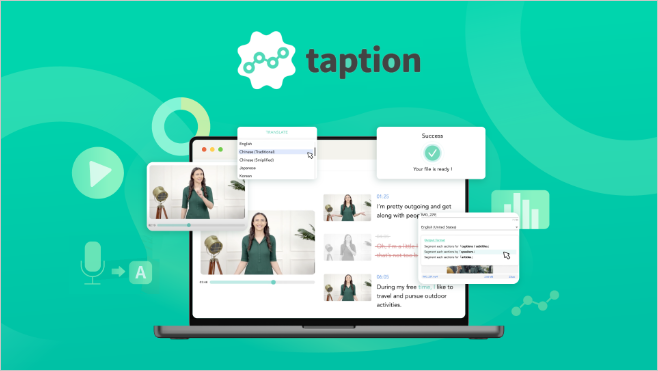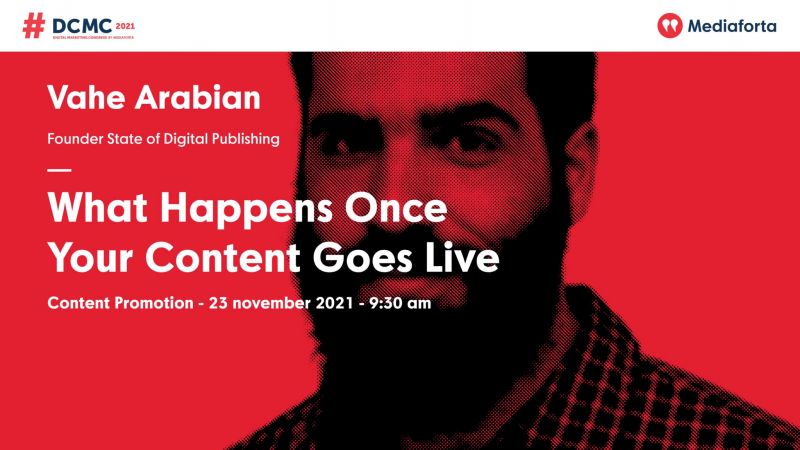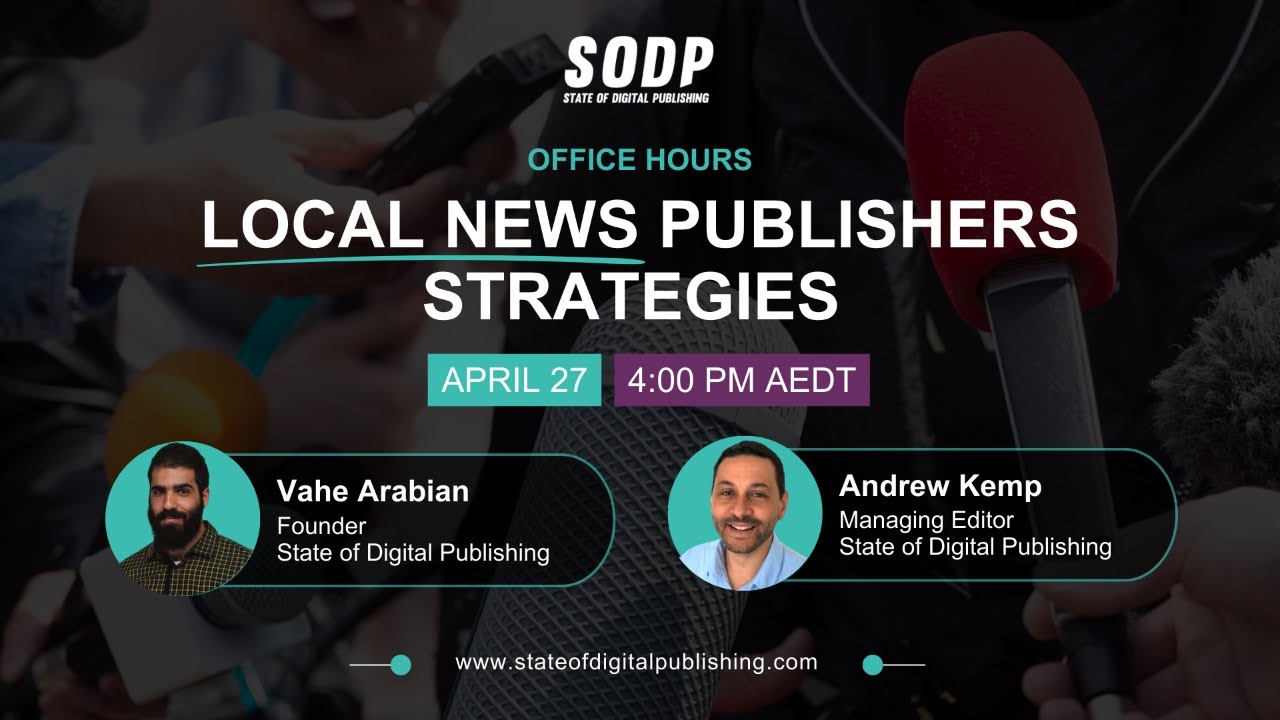Imagine this scenario: you’re a hobbyist photographer who snaps a breathtaking photo of a sunset. You then upload it to one of Reddit’s many image-based subreddits. And then someone who runs a popular Twitter account decides to download your photo and then re-upload it to Twitter without including any attribution to you. It starts generating hundreds of retweets. From there, it gets re-aggregated to Instagram, Tumblr, and Pinterest, where it’s seen by millions of people. Meanwhile, you, the content creator, receive no credit for the work, much less any form of compensation.
Scenarios like the one described above occur on a daily basis. In an era when so much creative IP — from images to text to music to video — is a simple right click away from being downloaded and redistributed, it’s incredibly difficult for content creators to maintain control of their work, and some would argue that this has led to a devaluation of creative content.
Jarrod Dicker is one of the people making this argument. And he should know since he’s devoted most of his career to thinking about how to squeeze more value out of content. Dicker headed up the product team at Huffington Post and later took on similar roles at Time Inc and RebelMouse. Most recently, he was leading innovation and product development at The Washington Post, which has made vast technological strides since getting acquired by Amazon founder and CEO Jeff Bezos.
But then, to the shock of all his colleagues, Dicker announced in February that he was leaving this prestigious gig to serve as CEO for a company called Po.et. “The Post was great because we had investments and diversified revenue,” he told CJR when asked why he decided to leave. “But it just feels like most people still aren’t looking at the real issues and how to fix them.”
So what are the real issues, and how will Po.et fix them?
According to Dicker, many of the problems facing media companies can be traced back to attribution, or the lack thereof. “What are quantifiable metrics around the creative process that we could further expose that could hopefully draw more value into the actual work that goes into something?” he asked me, rhetorically. “How do we find the source and history of how something was created and where it was created, and how can we use the supply side technology to prove that?”
Po.et was founded last year by the people behind BTC Inc, which publishes Bitcoin Magazine and other cryptocurrency resources. “When they were doing their work, they realized there were a lot of issues when it came to how they can engage writers, how they could know that the content that these writers were submitting was original, and how they could syndicate their work and license their work further,” said Dicker. So using a blockchain technology called Proof of Existence, they developed a protocol that could address these challenges.
That protocol provided the foundation of Po.et, which ultimately hopes to accomplish three things.
The first is creating better ways to trace the origins of IP. Po.et has developed a way to stamp a key onto content files and then record it to the blockchain, thereby creating an immutable record that would allow anyone to trace that piece of content back to its original source. By doing this, Po.et aims to, a Dicker put it, “build a reputational layer of the web.”
Second, Po.et will allow one to include all sorts of signals — who paid for the content, whether it’s been fact-checked — and aid in the discovery of content, making it easier for publishers to source it for their own distribution.
And lastly, Dicker wants Po.et to aid in the actual monetization of content, in part by attaching smart contracts to IP that will allow anyone to efficiently license it for their own use.
At this point you might be thinking: aren’t there already-existing companies that sort of do these things? After all, if I want to syndicate article content, I can subscribe to a service like the Associated Press or Reuters. If I want to find an image to use on my website, I might go through a platform like iStock or Getty.
But Dicker insisted that he doesn’t want to replace the APs and Getty’s in the world. In fact, he hopes that they’ll leverage Po.et to make their services better. “If Getty and AP are cars, we want to be the new road that they drive on,” he said. “I think there needs to be an awareness of what these companies do, and I think these new technologies will expose what those values are.”
Dicker thinks the real value of an AP is relationship management and quality control. Technology like Po.et’s could simply make its syndication much more efficient, with better tracking of how its content is licensed and distributed. In fact, if Po.et is to be ultimately successful, it will require that thousands of companies eventually license and utilize its technology.
He compared it to the iPhone, where much of its value can be derived from is App Store and the apps within it. Po.et uses an open source protocol, meaning anyone can build applications on it, and so Dicker’s hope is that the developer community embraces the protocol, building out entire business use cases that he hasn’t even yet thought of.
What might those use cases be? Here are a few:
- Content authentication: There’s much worry right now about the proliferation of “deep fake” video technology, which allows one to alter video so it appears that someone — often a famous person or politician — is saying or doing something that didn’t actually occur. Po.et would allow one to trace an image or video’s providence and see if it’s been altered at some point.
- Better advertising: We’re in the age of the influencer marketing, and yet most advertising platforms only allow brands to select which publishers to advertise against. What if a brand could use Po.et’s attribution technology to advertise against an individual journalist, regardless of whether their content is published?
- Improved content creation tools: Platforms like WordPress and Medium will have Po.et baked into them so that its technology is automatically applied whenever new content is produced. Photo and video editing software could also leverage the protocol.
So how is Po.et moving forward with this grand vision? In August, it raised $10 million through an initial coin offering, and Dicker told me he now leads a team of about a dozen engineers distributed all across the globe. For now, their main focus is on building applications on top of the Po.et protocol, the aim being that they’ll be able to license these apps to companies that want to utilize them.
Content from our partners
For instance, Po.et launched an application called Frost earlier this year (Get it? Like the famous poet Robert Frost?). “It hooks into any content management system and enables anyone who is creating any sort of IP — whether you’re a journalist or you’re using Microsoft Paint or Adobe products — to stamp that IP metadata and information on the blockchain,” said Dicker. As an API, Frost will make it easier for developers to build tools and applications that utilize the Po.et protocol.
Tools like Frost will provide a foundation for Po.et; its success will rest on whether that foundation will spur interest from the larger developer community. Dicker will know his efforts have been a success when a product built on the Po.et protocol suddenly takes off with consumers and businesses.
That’s why he plans on embarking on a charm offensive at some point over the next few months, leveraging his relationships he’s built out over his career and pitching companies on why they should devote their precious developer resources to building applications on top of the Po.et protocol. “I think I’m really looking for the most forward thinking and bullish people in this area that are going to help us stress test these things,” Dicker said. He claims that Po.et already has a “community of 50,000 builders and believers,” but it’ll need to attract many more in order to reach critical mass.
“If we have an application built on top of Po.et take off, that’s it,” he said. “We have to make sure we are prepared to handle that and make sure these applications can be secure and safe and scale.” Right now, Dicker’s team is assembling the toolbox; it remains to be seen whether someone will leverage these tools to build something grand.













